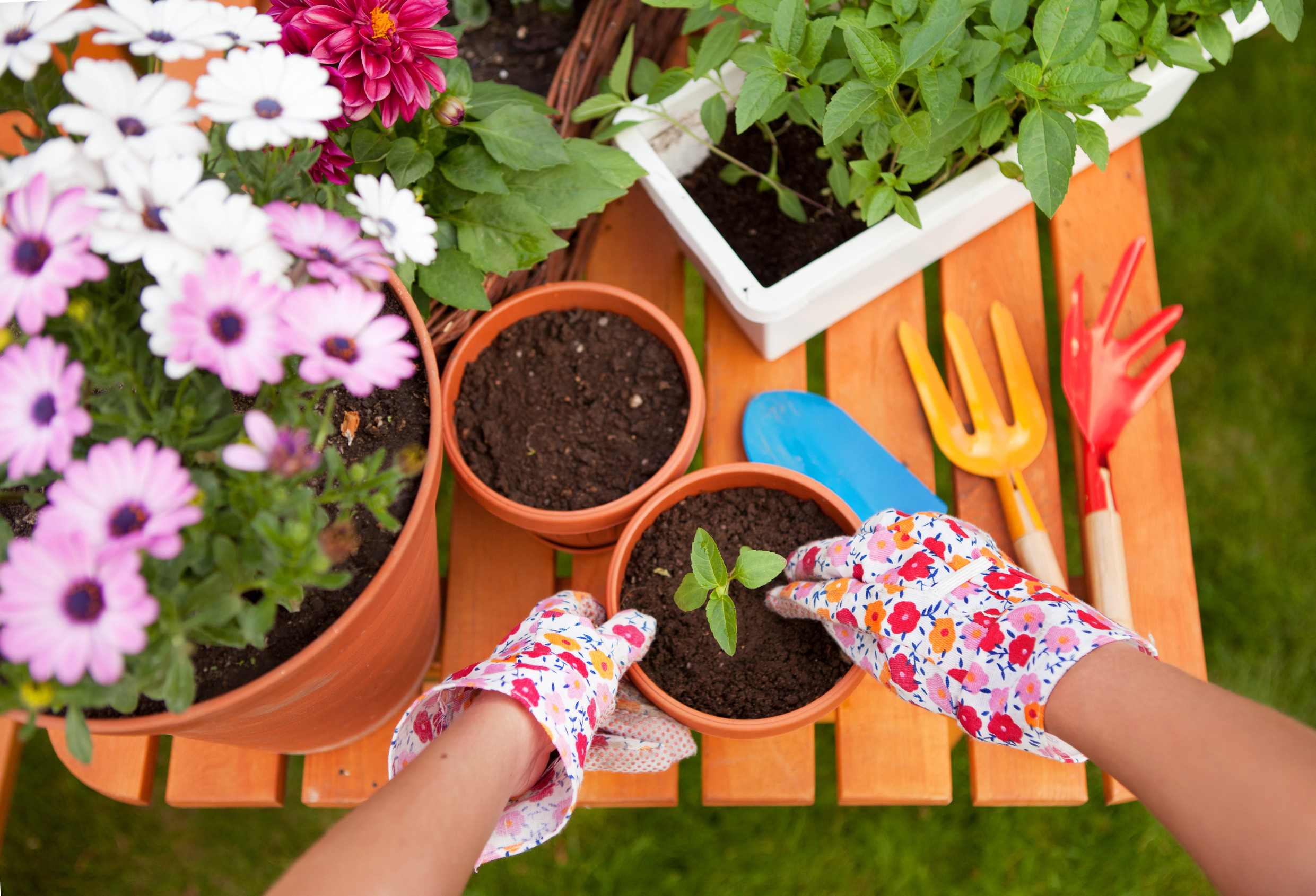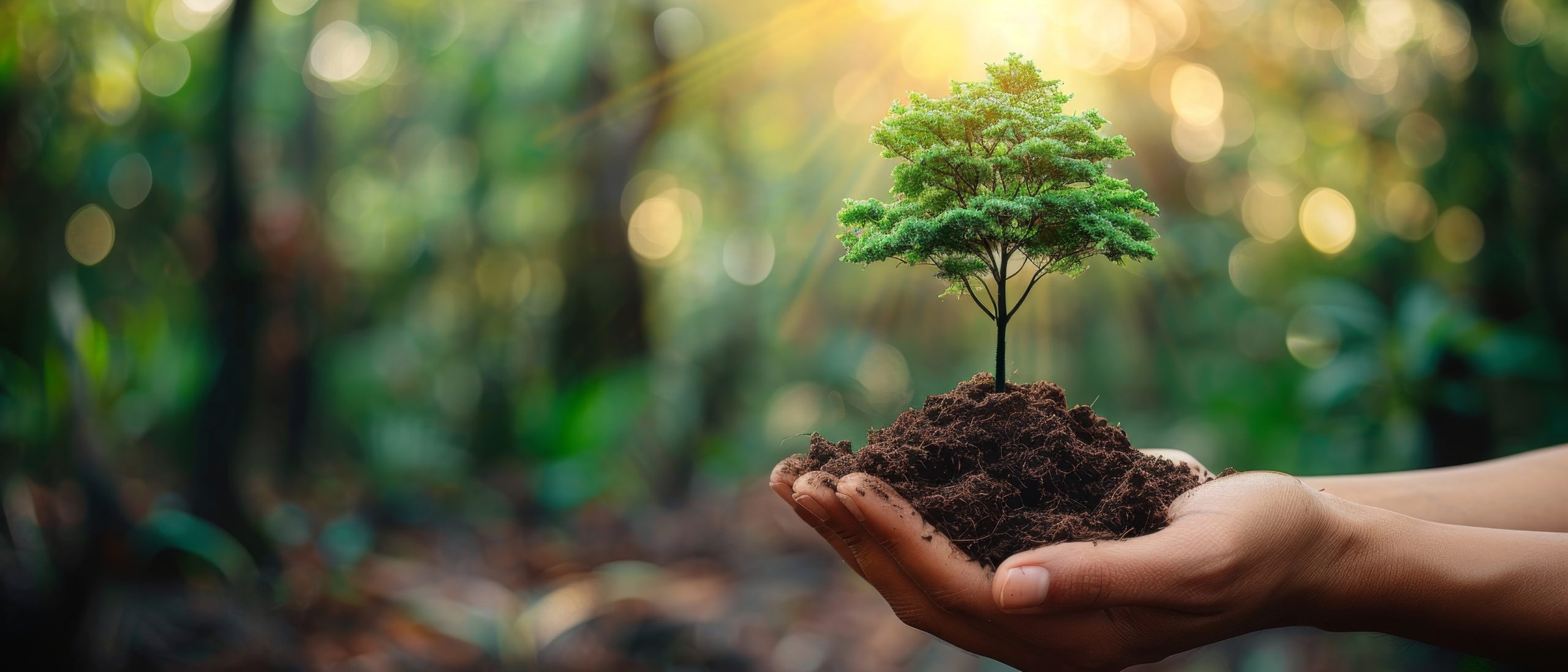
Image Source: 123rf.com
Gardening is a time-honored tradition, often guided by tips and tricks passed down through generations. While many of these practices have their roots in practical experience, some have been debunked by modern science. Following outdated advice can sometimes harm your plants or waste resources, so it’s worth revisiting common gardening myths. Here are seven traditional gardening tips that science says are wrong—and what to do instead.
1. “Water Your Plants Every Day”
Daily watering is one of the most common pieces of advice, but it’s not always best for your plants. Overwatering can lead to root rot, fungal diseases, and weaker plants that rely on constant moisture instead of developing deep, resilient root systems. Most plants thrive with infrequent, deep watering that encourages roots to grow deeper into the soil. Adjust your watering schedule based on your specific plants and climate conditions.
2. “Use Coffee Grounds Directly as Fertilizer”
Coffee grounds are often touted as a magical fertilizer that can boost plant growth. However, fresh coffee grounds are highly acidic, and applying them directly to the soil can harm certain plants, especially those that prefer neutral or alkaline soils. Additionally, coffee grounds in excess can compact the soil, reducing airflow and water absorption. Instead, compost the grounds first to neutralize their acidity and incorporate them into your garden as part of a balanced compost mix.
3. “Rocks Improve Drainage at the Bottom of Pots”
Adding rocks or gravel to the bottom of a pot is a long-standing gardening practice believed to improve drainage. However, this creates a perched water table, where water accumulates above the rock layer rather than draining through it. This can lead to waterlogged soil and root rot. Instead, use a high-quality, well-draining potting mix without adding rocks to ensure consistent water flow.
4. “Plant Trees Deeply to Anchor Them”

Image Source: 123rf.com
The belief that trees should be planted deeply for stability is a misconception that can stunt their growth or kill them altogether. Burying the trunk too deeply prevents proper oxygen exchange and can cause girdling roots, which choke the tree over time. Trees should be planted with the root flare—the area where the trunk meets the roots—just above ground level for optimal growth and stability.
5. “Always Prune in Early Spring”
While early spring is a suitable time for pruning many plants, it’s not a one-size-fits-all rule. Some plants, like flowering shrubs or fruit trees, set their buds on old wood during the previous growing season. Pruning them in spring can reduce or eliminate their blooms for that year. Research the pruning needs of specific plants to determine the best time for trimming.
6. “Chemical Fertilizers Are the Best Solution for Growth”
The convenience of chemical fertilizers has made them a popular choice, but they aren’t always the most effective or sustainable option. Overusing synthetic fertilizers can harm soil health, disrupt beneficial microorganisms, and pollute nearby water sources through runoff. Organic alternatives, such as compost, manure, or natural soil amendments, provide long-term nourishment for plants while preserving soil integrity.
7. “Add Epsom Salt to Make Plants Thrive”
Epsom salt is often recommended as an easy way to boost plant health, especially for vegetables and roses. However, most garden soils already contain adequate magnesium, one of the primary components of Epsom salt. Adding it unnecessarily can upset the balance of soil nutrients and harm plants. Soil testing is the best way to determine if your garden truly needs magnesium supplementation.
Science Rules
While traditional gardening tips have their place, science has shown that not all advice holds up under scrutiny. By debunking outdated practices and adopting evidence-based techniques, you can create a healthier and more sustainable garden. Always be willing to learn and adapt your methods to ensure your plants thrive in today’s changing environment.
What gardening tips have you heard that sounding like they were based in science? How many of them were true? Let us know in the comments.
Read More:
5 Gardening Practices That Are Harming the Environment
9 Gardening Techniques That Are Surprisingly Controversial

Tamila McDonald is a U.S. Army veteran with 20 years of service, including five years as a military financial advisor. After retiring from the Army, she spent eight years as an AFCPE-certified personal financial advisor for wounded warriors and their families. Now she writes about personal finance and benefits programs for numerous financial websites.
Leave a Reply